by Matthew Lee/Associated Press
London: Bill Clinton tried. So did George W Bush. Neither succeeded. As President Barack Obama’s own second term winds down, he, is getting closer than either of his immediate predecessors to the goal of improving US relations with Iran. But he’s not there yet, and plenty stands in the way, including a messy and brutal conflict in Iraq and Syria.
As high-stakes negotiations with Iran over its nuclear program resume this week in Vienna ahead of a 24 deadline for a deal, the ghosts of previous failed attempts at American-Iranian rapprochement loom large. So do very real and current concerns, not least of which are the rise of the Islamic State militancy in Iraq and Syria, fierce opposition to a deal from US ally Israel and open hostility from many in Congress and hardliners in Iran who already look to be trying to derail a potential agreement.
Those issues, combined with the already frustratingly complex nature of the negotiations, have made for slow going and increased the chances of something less than a full deal being struck by next Monday’s target. Officials say an extension of the already once-extended talks is possible, but they warn additional delays will invite complications. Diplomats from all sides are eager to meet the deadline.
Obama and his top aides deny that anything other than resolving the nuclear deadlock is in play in the negotiations. Yet, they also acknowledge that a deal is key to a broader improvement in relations, something that Obama is reported to have conveyed in a recent letter to Iran’s Supreme Leader Ayatollah Ali Khamanei.
Thus, though it hangs menacingly over the process, what appears to be a shared US-Iranian interest in defeating the extremist Sunni Islamic State group has been raised only tangentially on the sidelines of the talks. The Obama administration’s goal is to ultimately defeat the militants, whose rise it blames chiefly on atrocities committed by Syrian President Bashar Assad and the failure of the previous leadership in Iraq.
Quick Reads
View AllIran shares America’s goal with regard to the Islamic State, but while it may have acquiesced to the replacement of pro-Iranian Iraqi President Nouri al-Maliki earlier this year, it has not given up on Assad, whom the US insists has lost all legitimacy to rule Syria and must go.
Hence, Obama is treading carefully as some in his Cabinet and many in Congress demand more be done to get rid of Assad. Obama answered with a blunt “no” when asked at a weekend news conference in Australia whether additional US assistance would be given to Syrian rebels to topple Assad.
The US-Iran divergence on Assad alone would be problematic, but it is far from the only non-nuclear point of contention.
Decades of mistrust and suspicion weigh heavily in the talks. And it goes back further than the 1979 Islamic Revolution in Iran and the hostage-taking at the US Embassy there. Iranians also have long memories of US support for the 1953 coup that overthrew Iran’s prime minister, Mohammed Mossadeq.
For the past 14 years, however, successive American administrations have tried to undo some of that damage. At the same time, US officials have ratcheted up pressure on Iran by imposing sanctions on it for sponsoring US-designated terrorist organizations, supporting anti-Israel groups, denying human rights and trying to develop nuclear weapons.
The Clinton administration sought to seize on the 1997 election of reform-minded Iranian President Mohammad Khatami, by easing some sanctions, acknowledging the US role in the 1953 coup and engaging in limited contact over the situation in Afghanistan.
That contact intensified after the 11 September, 2001, terrorist attacks in the US and the American-led ouster of the Taliban from Afghanistan, but quickly became snagged again over Iranian nuclear activity, President George W Bush’s branding of Iran as a member of the “axis of evil” and the imposition of new sanctions.
Yet, even that Bush administration sought to ease tensions with Iran, reversing a decision not to participate in nuclear talks between Iran and European nations. Former Secretary of State Condoleezza Rice proposed in 2008 that the US reopen an interest section in Tehran to restore an American diplomatic presence there.
Hostility from Iran’s leaders, notably Khamenei and former President Mahmoud Ahmadinejad, along with growing nuclear concerns and the detentions of Americans in Iran, ran high as Obama moved into the White House in 2009 and sanctions against Iran were expanded.
The election of Hassan Rouhani on a reformist platform to succeed Ahmadinejad, however, swung the pendulum back. Obama initiated secret discussions with Iran in 2013 that led to an agreement in November on an interim nuclear deal in exchange for limited sanctions relief. That interim deal coupled with Obama’s September 2013 phone call with Rouhani — the highest-level contact between the two countries since 1979 — are the high points of the rapprochement to date.
Surpassing them to restore even a semblance of normalcy to the relationship may require more than a nuclear agreement, though, as both sides suspect the other may renege on a deal. Then there is the chance that lawmakers or new leadership in either capital might rescind a pact.
And, Israel remains a wildcard, with Israeli Prime Minister Benjamin Netanyahu saying he will reject any deal he believes leaves Israel unsafe and bluntly leaving open the possibility of military action against Iranian nuclear sites.
With so much boding ill for the prospects of a nuclear deal, it may not mean the third time’s the charm for US-Iran rapprochement.
AP


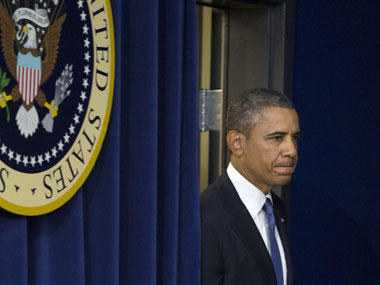)
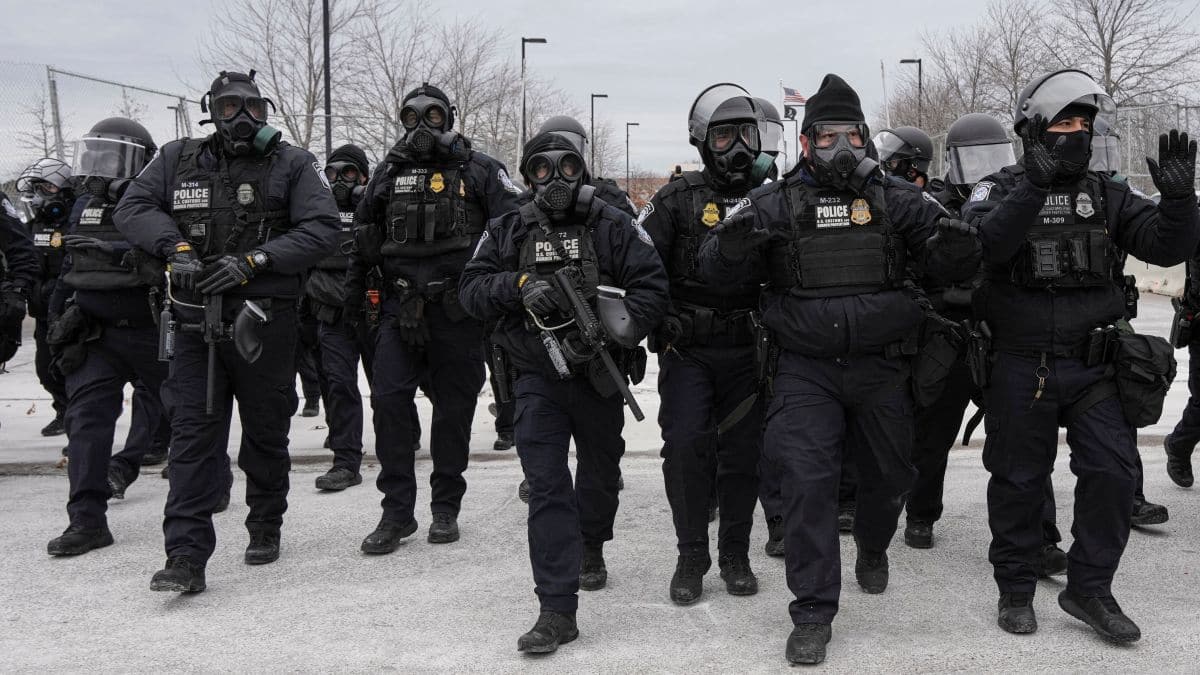
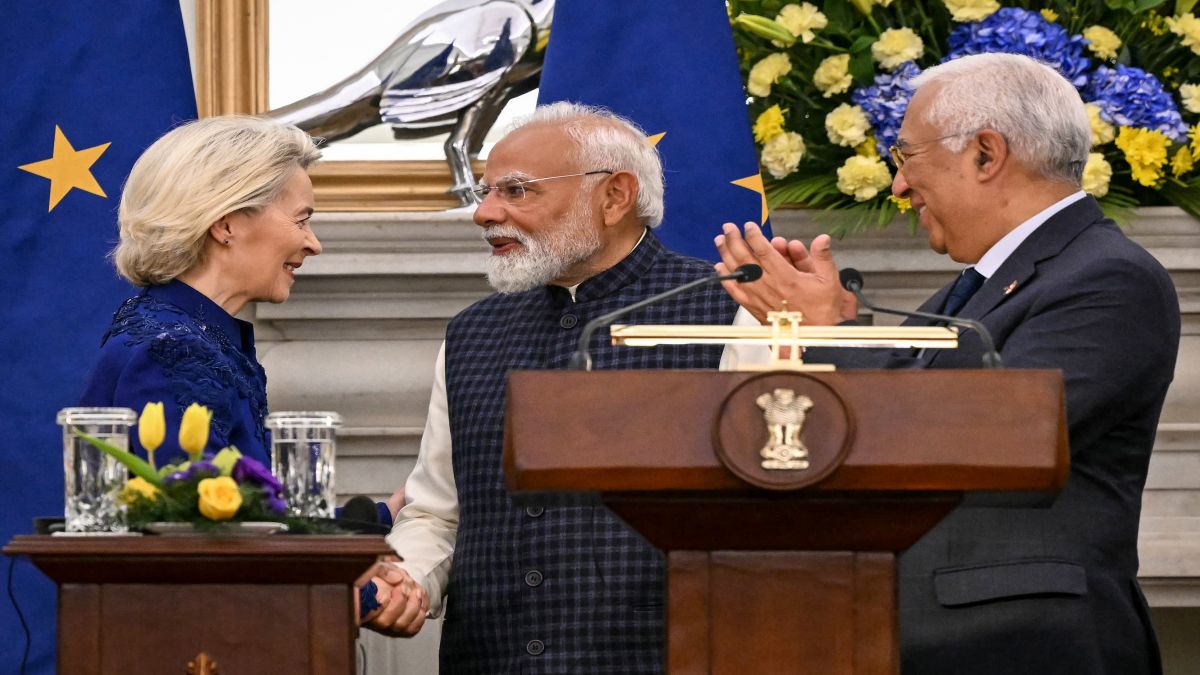)
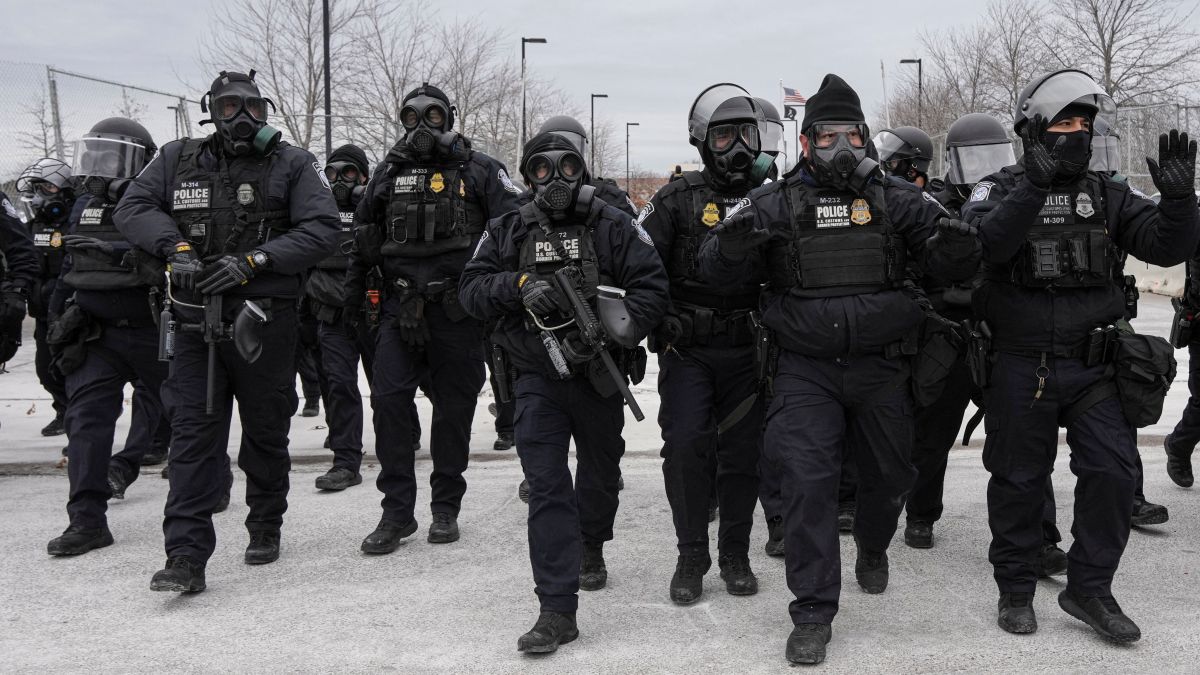)
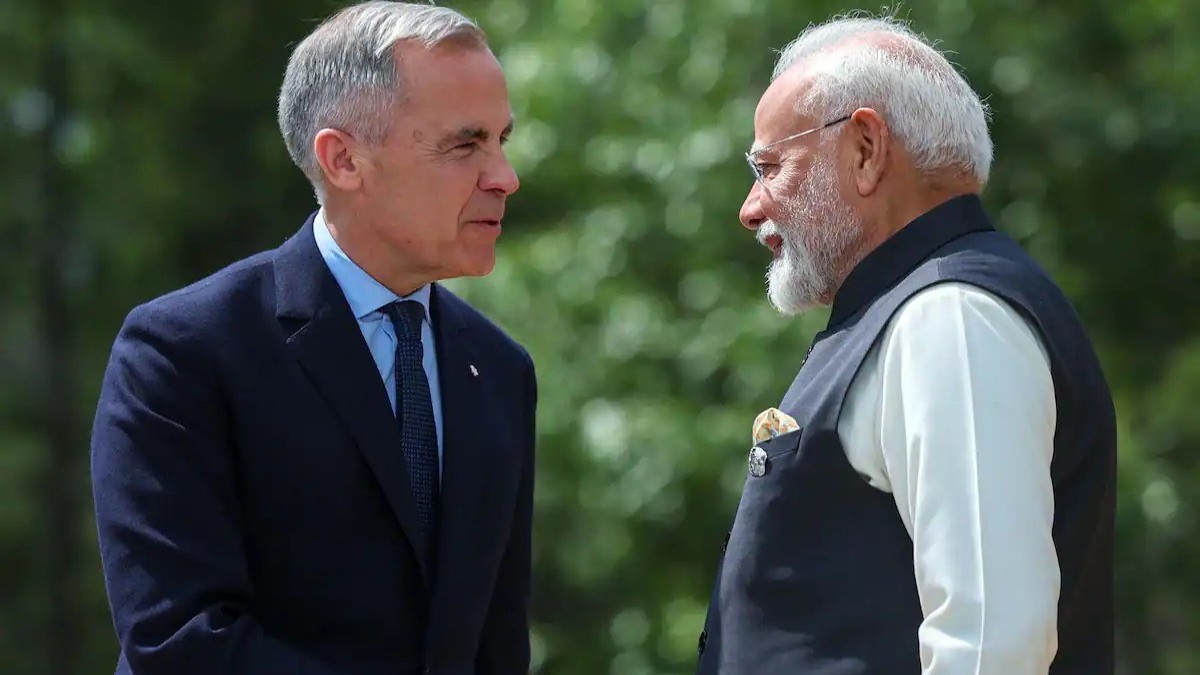)
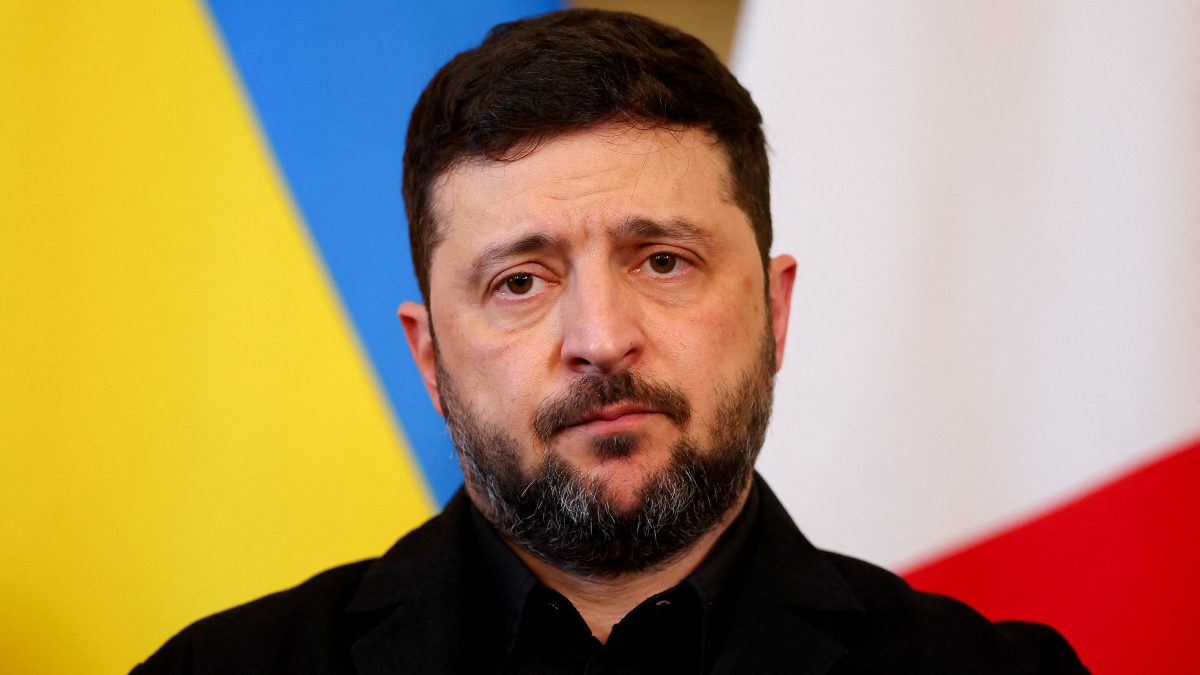)
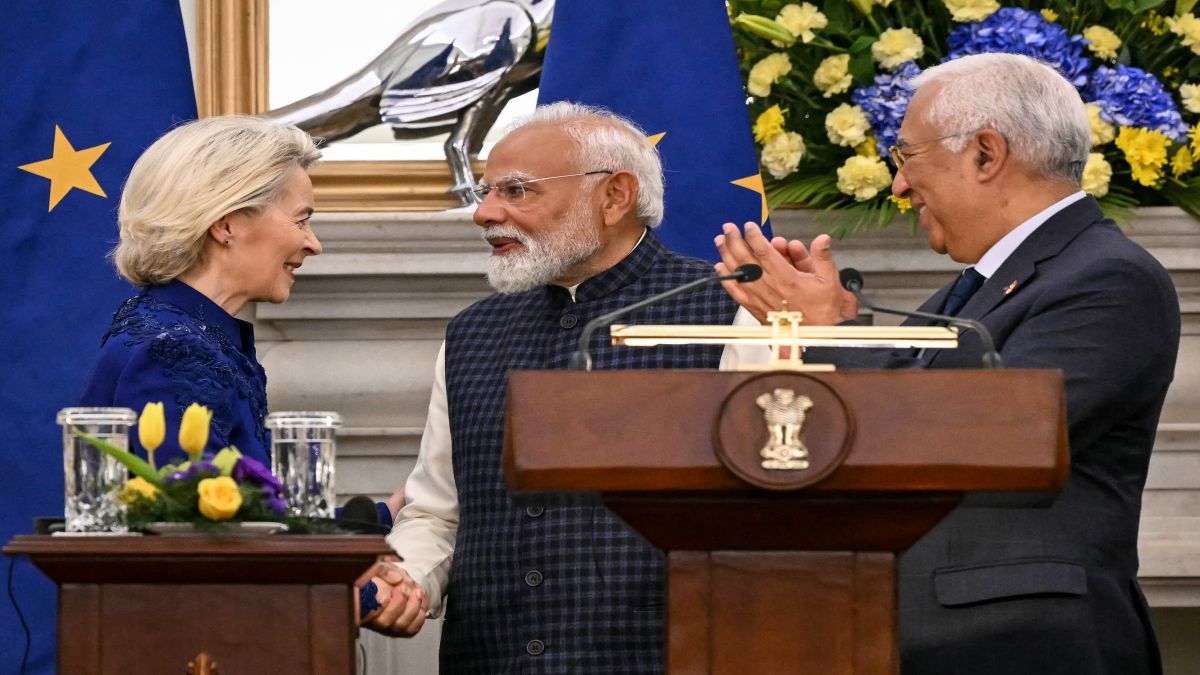)
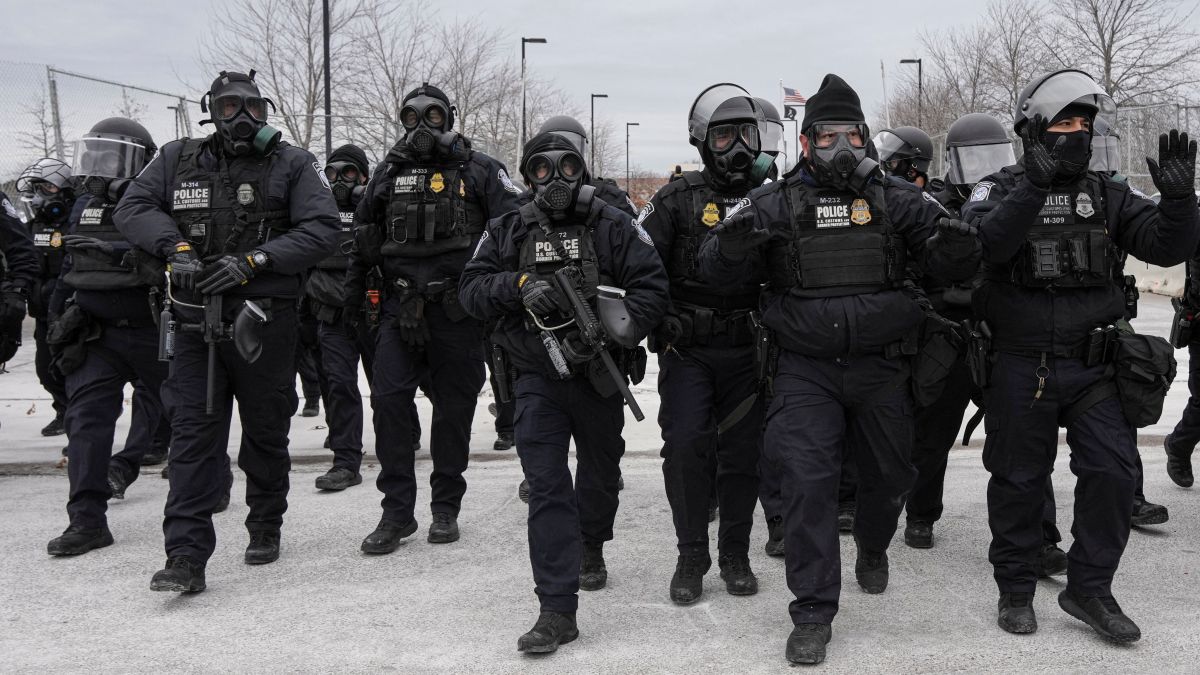)
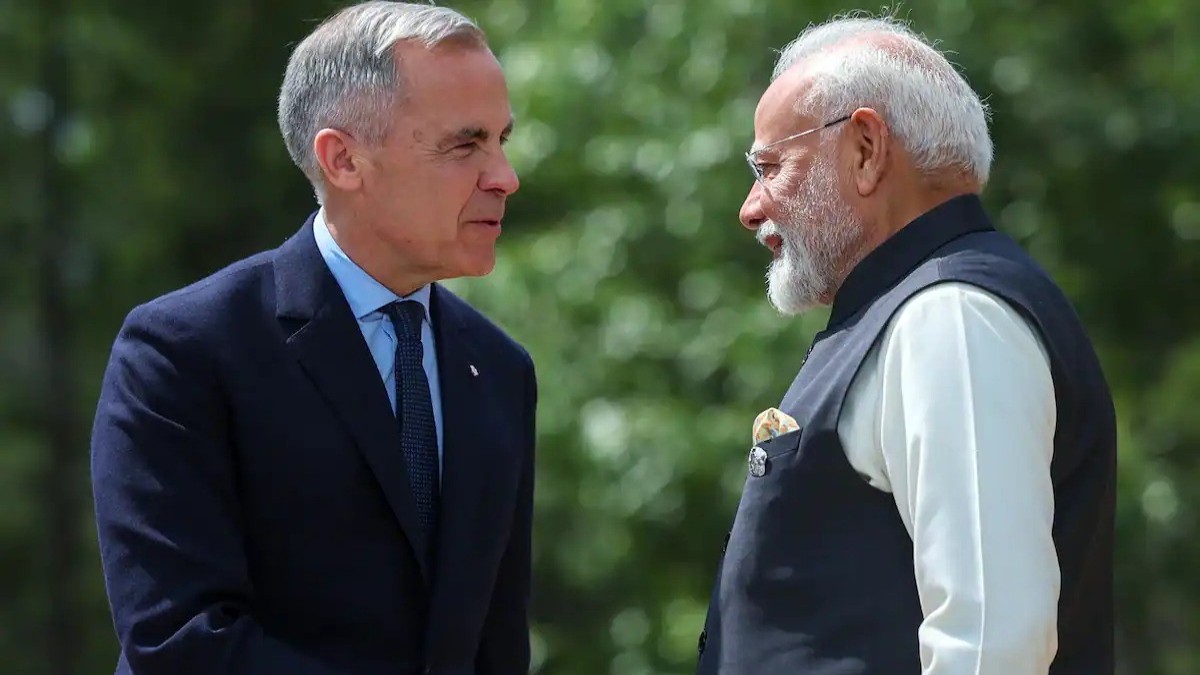)
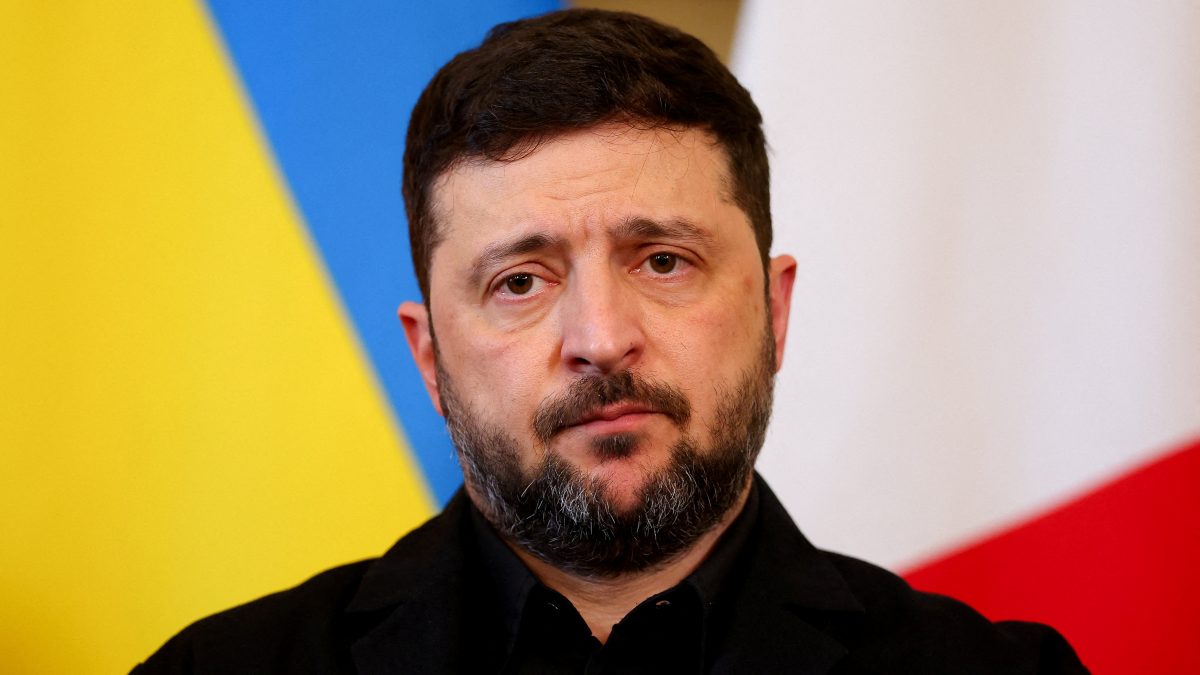)



